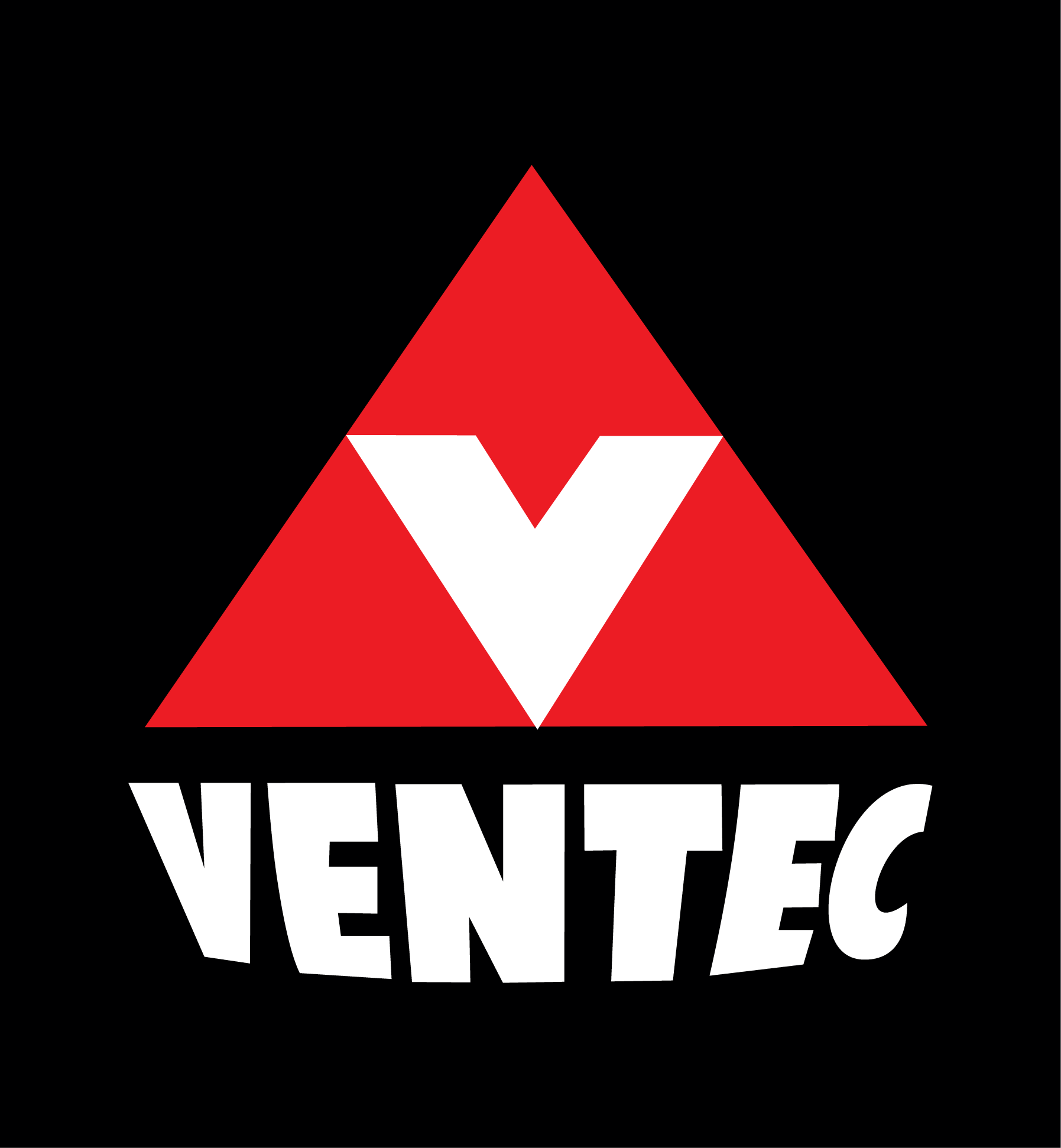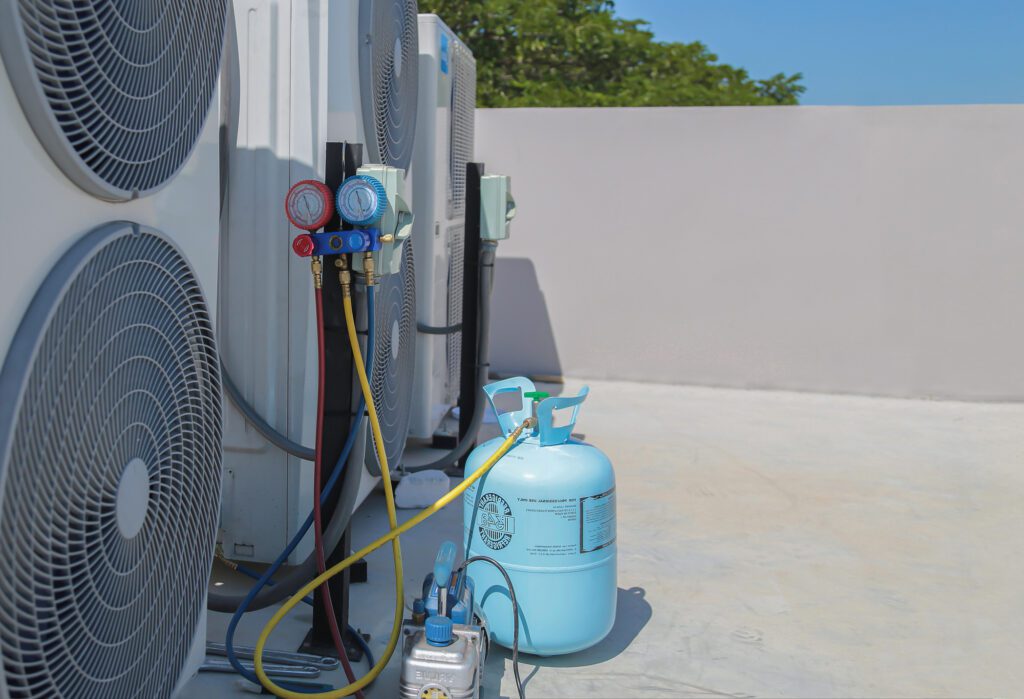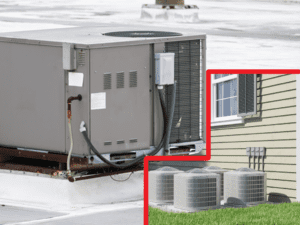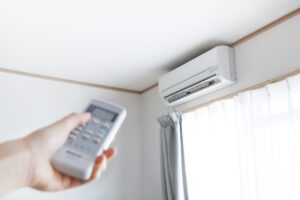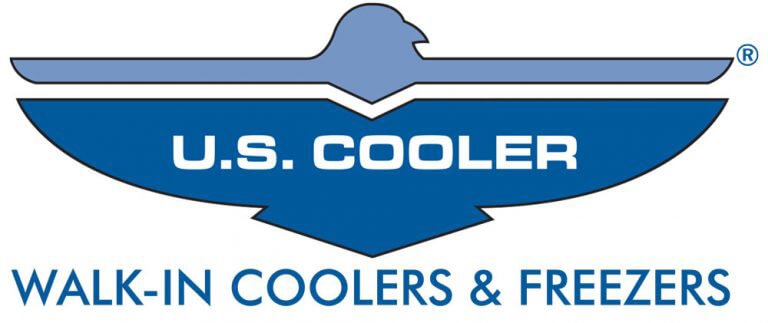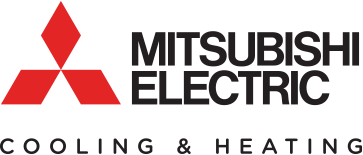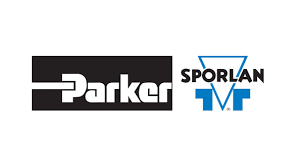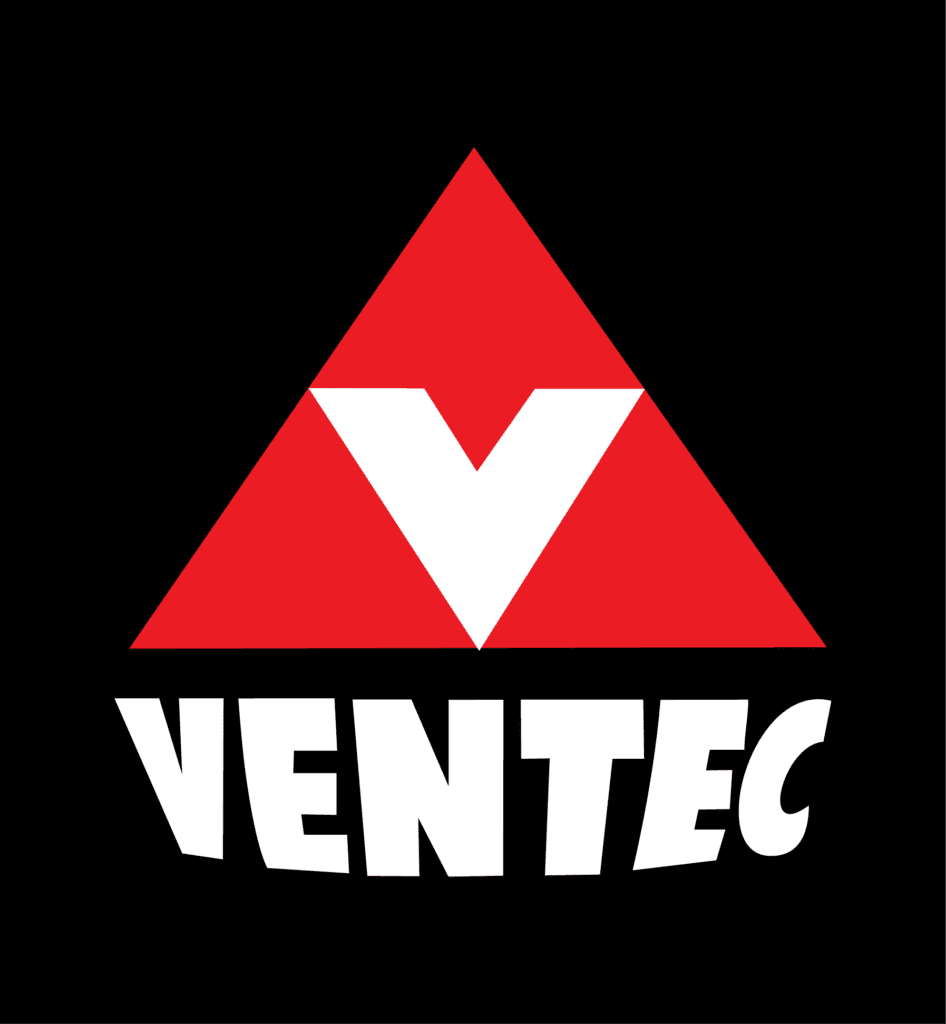Does The 2025 R410A Phase Out Faze You?
The HVAC industry has always been at the forefront of technological advancement and environmental regulations. Now, a significant change is on the horizon that could impact homeowners across the United States. The American Innovation and Manufacturing (AIM) Act, established in 2020, sets the stage for a comprehensive 15-year phasedown of hydrofluorocarbons (HFCs), with a crucial milestone approaching in 2025.
This legislative move by the Environmental Protection Agency (EPA) will enforce a 750 global warming potential (GWP) limit for air conditioning units, effectively phasing out R-410A, which has a GWP of 2,088.
What does this mean for your home and your air conditioner? Let’s explore the technical details, implications, and practical steps you can take to prepare for this significant shift.
The Problem And The Solution
Behind the HVAC Change
The primary driver behind this change is the environmental impact of HFCs, particularly their high GWP, which contributes to global warming. R-410A, is a commonly used refrigerant in air conditioners that has a GWP of 2,088. To mitigate the environmental impact, the EPA’s 2025 mandate will replace high-GWP refrigerants like R-410A with significantly lower-GWP alternatives.
What Refrigerants Will Be Used Instead?
The most promising candidates for replacement are the A2L refrigerants. This type of refrigerant has a GWP of less than 750 and is considered an environmentally friendly option. These can be comprised of a single refrigerant or can be a combination of refrigerants in certain amounts.
A2L refrigerants, such as propane, have a lower flammability rating than A3 refrigerants and a lower toxicity rating than B series refrigerators, like ammonia. A2L refrigerants are considered to be the second safest class of refrigerants on the market.
As this phasedown moves forward, the two main refrigerants used for comfort cooling will be R-454B and R-32. R-454B is a blend of R-32 and R-1234yf, with a GWP of 466. This refrigerant offers the best balance between performance and safety, making it an ideal option for residential air conditioning units.
How the Change Affects Each Type of Air Conditioners
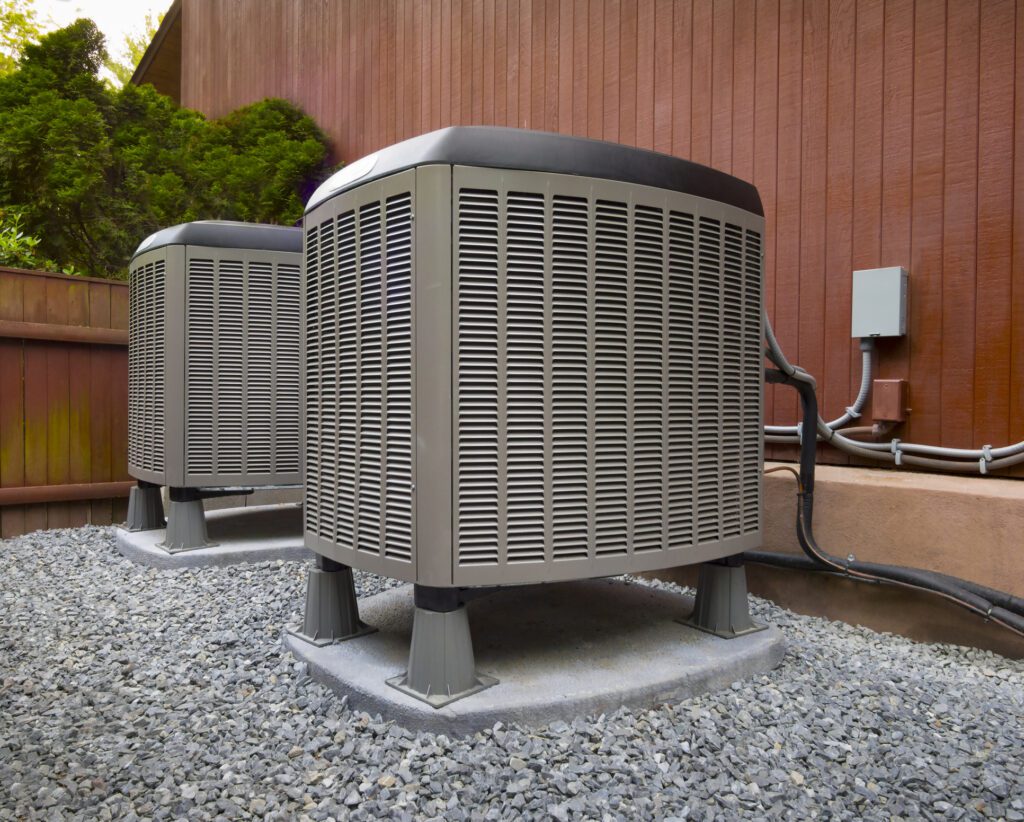
Central Air Conditioners
Central air conditioning systems are likely to see the most significant impact. Units that currently use R-410A will no longer be compliant with the new regulations starting in 2025. This means that homeowners with older systems will need to evaluate their options for upgrading or replacing their units to align with the new standards.
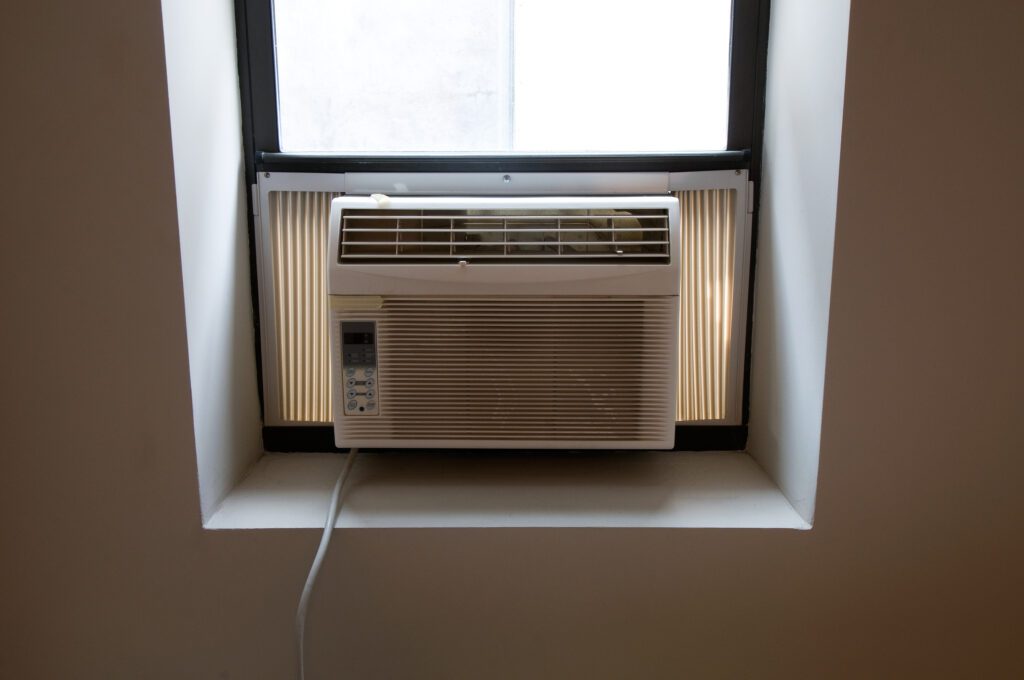
Window and Portable Units
While central systems take the spotlight, window and portable units are not exempt from the changes. These smaller units also use R-410A and will therefore be subject to the same regulatory constraints. If you’re relying on these units to keep your home cool, it’s essential to start planning for the transition.
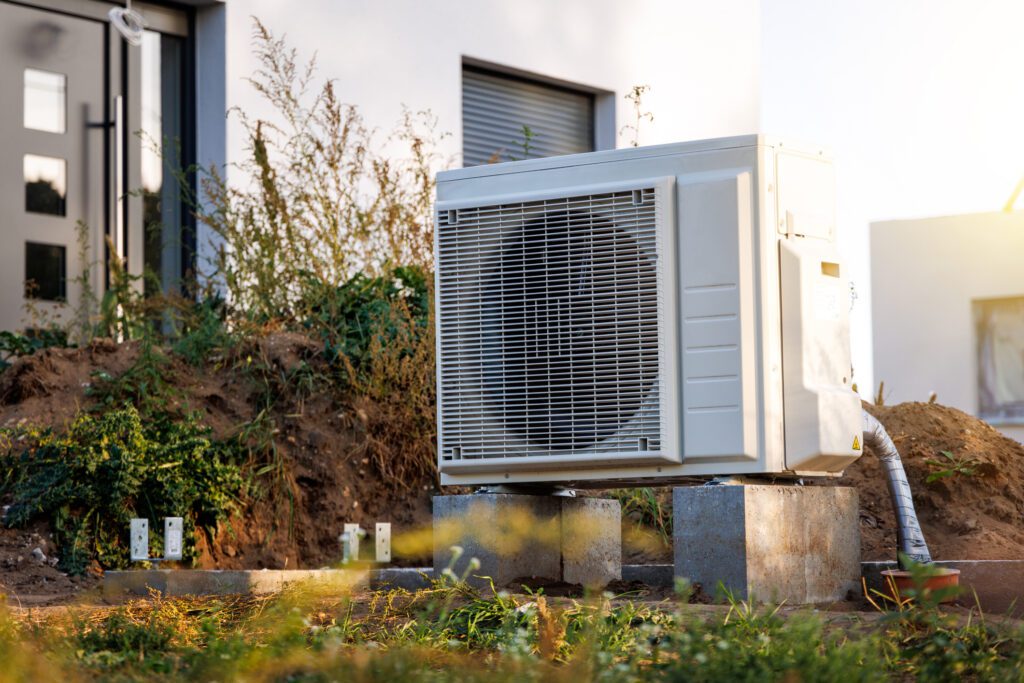
Heat Pumps
Heat pumps provide both heating and cooling and will also be affected. Whether you’re using a ground-source or air-source heat pump, the refrigerant used will need to comply with the new GWP limits. Upgrading to a compliant system will be necessary to meet the 2025 requirements.
Advice for Homeowners to Efficiently Adapt to the Change
Evaluate Your Current System
The first step is to assess your existing air conditioning system. If your unit uses R-410A, it’s time to consider your options. While 2025 may seem far off, the transition process can take time, and planning ahead will save you from potential headaches.
Consult with HVAC Professionals
Engage with a certified HVAC professional to discuss the best course of action for your home. They can provide insights into the latest AC models that comply with the upcoming regulations and help you understand the benefits of upgrading sooner rather than later.
Financial Considerations
While upgrading your system may involve an initial investment, it’s vital to consider the long-term savings. Newer, more efficient units not only comply with environmental regulations but also offer improved energy efficiency, which can lead to lower utility bills. Ventec also offers financing through Optimus to help Pittsburgh home owners in a tough spot.
Upgrade with Daikin and VENTEC’s Professional Installation
As a top manufacturer in the HVAC industry, Daikin is committed to providing innovative and efficient solutions for homes. Daikin is currently the only manufacturer that develops and manufactures air conditioners and refrigerants. They have launched the first residential- use an air conditioner that utilizes the R-32 refrigerant. R-32 has a GWP of 675, making it an efficient and environmentally friendly choice for homeowners.
With VENTEC’s expert air conditioner installation services, and status as a Daikin dealer you can be confident that your new Daikin unit is installed correctly and efficiently, ensuring efficient performance for years to come.
Contact VENTEC Today to Upgrade Your A/C!
The 2025 HVAC change marks a significant shift in how we approach cooling our homes. With the phaseout of R-410A and the introduction of low-GWP alternatives, homeowners must take proactive steps to ensure compliance, safety, and exceptional performance of their air conditioning systems.
To Recap:
- The EPA’s 2025 mandate will set a 750 GWP limit for air conditioning units, phasing out R-410A.
- New, lower-GWP refrigerants, classified as A2L, will be used.
- Homeowners should evaluate their current systems, consult with the HVAC professionals at VENTEC, and consider upgrading to compliant units.
Don’t wait until the last minute.
Start planning now to ensure a smooth transition and continue enjoying a comfortable and environmentally responsible home. For more information and to discuss your options, contact VENTEC Refrigeration today.
Let’s make sure your home stays cool and compliant!
Our HVAC Technicians Are Ready To Help.
Austin Vensel
Director Of Sales
Austin has been involved in the family business since he was very young. Starting out in the field he worked his way up to director of sales. During his time at Ventec Austin has accumulated vast amounts of knowledge and helped countless Pittsburgh home and business owners through Heating, Cooling and Refrigeration.
